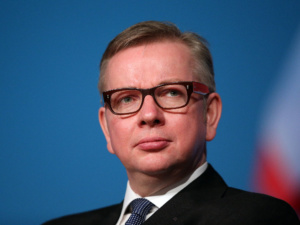The Unions are not taking the matter of the public sector pay cap on the chin. Rather, they have looked at who is not capped but making policy on capping and have thus suggested to cabinet ministers that the public sector pay cap should be eased and should not be signing off salary hikes for their own staff alone but all civil servants.

Mr Johnson wants a wage boost for public sector workers and believes the recommendations of independent pay review bodies that back increases should be followed.
The FDA, which represents senior civil servants, has written to the Foreign Secretary, along with other Cabinet ministers who have indicated they support easing pay restraint, calling on them to follow up their “warm words” with action.
Departmental pay settlements in Whitehall are mainly submitted to the Treasury by each Secretary of State.
General Secretary Dave Penman said: “FDA members will welcome the warm words from a number of cabinet ministers over lifting the public sector pay cap.
“But warm words won’t pay the bills. The majority of civil servants are not covered by pay review bodies and so those very same ministers have it within their control to lift the pay cap for civil servants in their department.
“We have today written to those ministers, calling on them to follow up their words with action.
“If they believe the pay cap should be lifted, then they can begin with the civil servants in their departments who support them as ministers and deliver vital public services.
“Each of these ministers will have sign off on the pay settlement for their staff this year.
They cannot hide behind pay review bodies with restricted remits. Failure to act will demonstrate these warm words were little more than meaningless platitudes.”
Environment Secretary Michael Gove has insisted the Government must “listen” to the pay review bodies, while Defence Secretary Sir Michael Fallon said pay rates were “obviously something we have to consider not just for the army but right across the public sector as a whole”.
Health Secretary Jeremy Hunt has said he has “a great deal of sympathy” for nurses’ demands for higher rises.
The Fire Brigades Union said that an offer from employers worth 2 per cent on basic pay this year and a potential 3 per cent from April 2018 showed that the pay cap was “dead in the water”.
But No 10 insisted that firefighters’ pay was a separate issue from that of other public sector workers, as central government has no role in negotiating or agreeing the figure.
Increasing public sector pay would boost the earnings of 5.1 million workers, including 1.6 million in the NHS and 1.5 million in public education, according to the Institute for Fiscal Studies. It is likely to cost billions of pounds.
Kindly follow us on twitter:@AfricanVoice2








